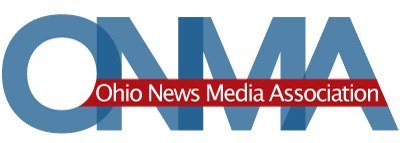Complete Story
05/29/2015
OCOG board backs appeal to open closed case files
By Dennis Hetzel
The board of the Ohio Coalition for Open Government has voted to support a case before the Ohio Supreme Court to overturn a 1994 ruling that police agencies across Ohio use to block release of closed criminal files.
For several years, many Ohio police agencies, particularly in larger cites, have refused to release files of closed cases, saying the cases weren’t really closed. The argument was that the defendant still had the theoretical ability to file a wrongful conviction appeal as long as he was alive.
That doesn’t do you much good if you are in prison for a crime you didn’t commit, and Ohio newspapers have done significant reporting on wrongful imprisonments. But efforts are frequently blocked.
The linchpin for the argument the police have been making is a 1994 case, Steckman v. Jackson, based on rules of criminal procedure and discovery that now are outdated. OCOG has been part of a loosely organized group, spearheaded by the Ohio Innocence Project at the University of Cincinnati, looking for the right case to overturn Steckman and make these files available.
Such a case may be at hand involving convicted murderer Adam Saleh. Saleh was convicted of the 2005 murder and kidnapping of a Reynoldsburg woman, primarily based on the testimony of jailhouse informants. He claims he was wrongfully convicted.
The Innocence Project doesn’t represent Saleh and stresses that it has no idea if Saleh is guilty or innocent, but there is no way to assess if it is a wrongful conviction without access to the case file. Indeed, most often these after-the-fact investigation show the authorities did their jobs and got the right person – but not always.
The case, Caster v. Columbus, involves Donald Caster, an Innocence Project lawyer, who has unsuccessfully sought the Saleh file records from the Columbus Police Department. Part of the argument, being brought by the office of Columbus attorney Fred Gittes, is that new rules of criminal discovery no longer block evidence that used to be unavailable from case files.
The OCOG board has authorized OCOG counsel David Marburger to prepare an amicus “friend-of-the-court” brief in support of the case, which the Ohio Supreme Court agreed to consider in a decision released April 29th.
OCOG will seek funding from additional sources to help defer the cost of the brief. Marburger, who has won a number of sunshine law cases before the Supreme Court, did not participate in the board’s vote.
OCOG is a 501(c)3, non-profit organization that is an affiliate organization of the Ohio Newspapers Foundation. For more information about OCOG, including how to make a tax-exempt contribution, go to www.ohioopengov.com .
Additional links




